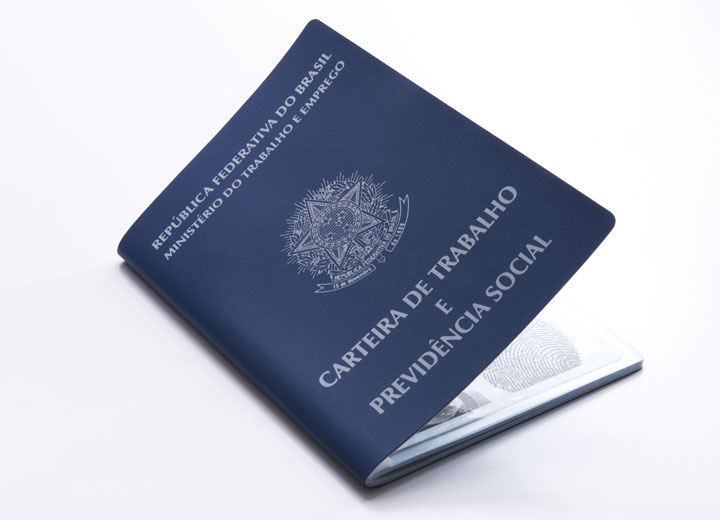Labor and employment
After approximately 2 months and 178 amendment requests, the Brazilian Senate approved the labor reform bill of law last Tuesday (07/11/2017) without any change to the original text submitted by the House of Representatives. There were 50 votes in favor, 26 in opposition, and 1 abstention. As there were no changes suggested by the Senate, bill of law no. 38/2017 will now be sent for the sanction of the in-house President Michel Temer.
Employers wishing to extend the employee's working day in an environment deemed hazardous must have authorization from the Ministry of Labor (MTB), issued only after inspection and analysis of the application, in addition to complying with a series of requirements imposed by the agency.
Many companies face practical difficulties and legal uncertainty in meeting the requirement to hire the minimum quota of young apprentices. This happens especially in industries whose activities are classified as hazardous or dangerous by the Occupational Health and Safety Regulatory Norms.
Few employers realize that exchanging messages via WhatsApp can be used as evidence in a labor claim. The use of this mechanism has already been accepted, including to prove that the company is able to monitor at a distance the work schedule of an employee who works remotely.
Cristiane Masuno and André Graça The traditional concept of a family has undergone, over time, public and private transformations as a result of the interest by and the new reorganization of society.
Edição extraordinária
(Retroactive?) Change of the Labor Debts’ Monetary Adjustment Index
Based on decisions issued by the Brazilian Federal Supreme Court (STF) according to which the Reference Rate (TR) did not represent the actual depreciation of the Brazilian currency within a given period of time, the Brazilian Superior Labor Court (TST) decided that the use of the TR as the monetary adjustment index of labor debts prevents the complete recovery of the employees’ labor credit and jeopardizes the effectiveness of the judicial protection and court procedures.
Among all post employment restrictive covenants, the only one protected by Brazilian laws is confidentiality: it is a criminal offense to disclose trade secrets and other relevant commercial information obtained as a result of the performance of the services.





